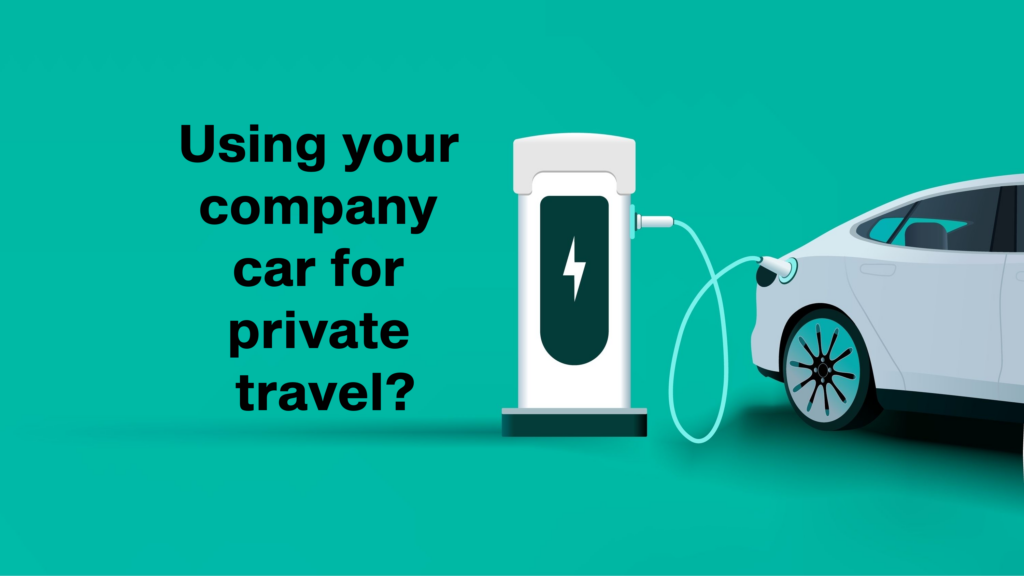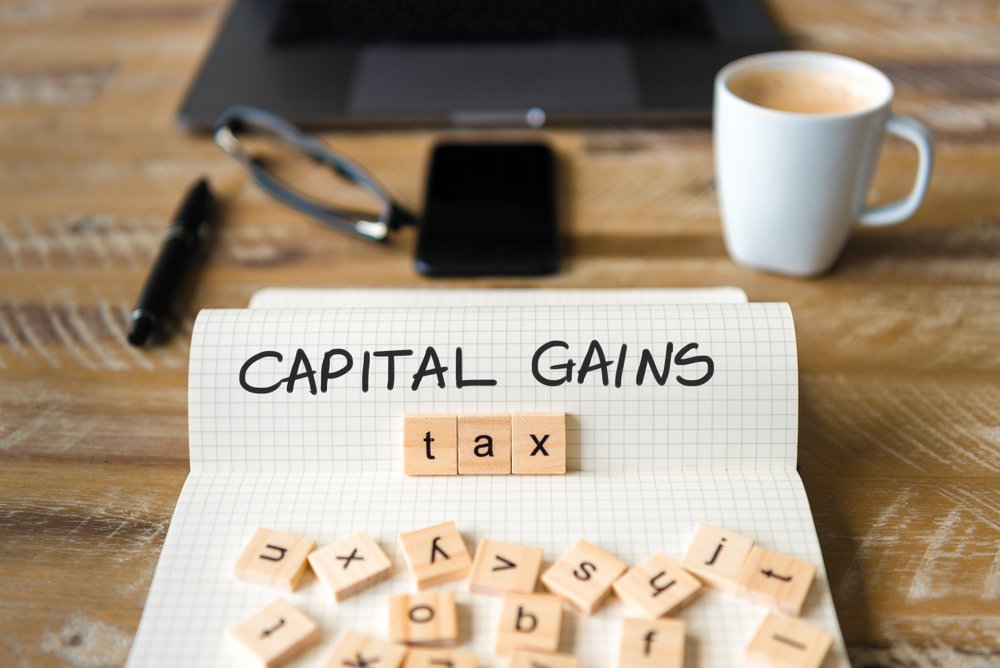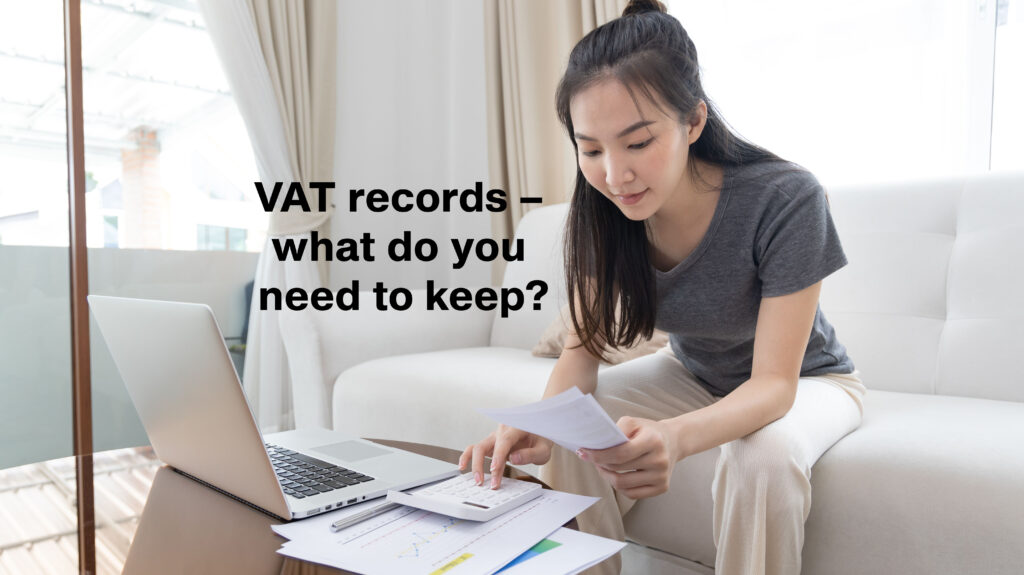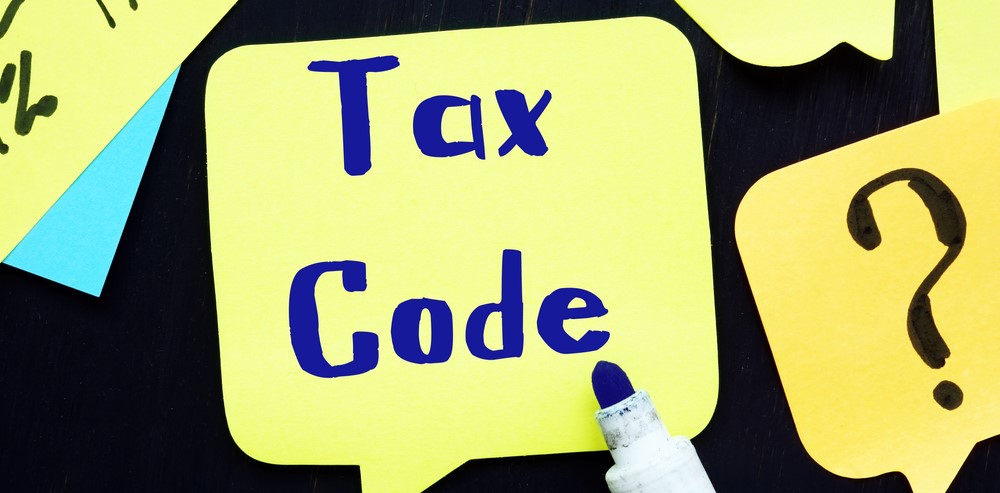
How private use of your company car will be taxed in 2024/25
|
|
If you’re an employee using your company car for private use, this counts as a taxable benefit. Unless the car is an electric car, there’s a further benefit to be taken into account if your employer pays the cost of fuel for your private travel.
So, how will this benefit in kind be taxed? Find out in this blog post.
The car benefit charge – in brief
“The charge is based on the price of the car for tax purposes …, [plus] accessories, multiplied by an appropriate percentage based on the level of CO2 emissions and the fuel the car uses.”
Source: HMRC
The car benefit charge – in detail
The amount that’s charged to tax depends predominantly on:
- The list price of the car, and
- The car’s CO2 emissions.
The charge can be adjusted to take into account any capital contributions you make towards the cost of the car and for any periods when the car was unavailable to you.
The list price of the car…
…is the manufacturer’s registered price when the car was new – it’s not the price paid by your employer! So, the price on which the tax charge is based could be considerably higher than the price paid by your employer, especially if the car was bought second-hand.
👉 The list price is increased by the list price of any optional accessories. It’s reduced by any capital contributions made by you (up to a maximum of £5,000).
The car’s CO2 emissions
The appropriate percentage depends on the car’s CO2 emissions. For 2024/25, it ranges from 2% for electric cars to 37% for cars with CO2 emissions of 160g/km and above.
Where a car’s emissions fall in the 1 to 50g/km band, the appropriate percentage also depends on the car’s electric range. For 2024/25:
- Less than 30 miles is the highest at 14%
- Over 130 miles is the lowest at 2%.
Cars with CO2 emissions of 51 to 54g/km have an appropriate percentage of 15%. The appropriate percentage increases by 1% for every 5g/km increase in CO2 emissions until the maximum charge of 37% is reached.
A supplement of 4% applies to diesel cars which do not meet the RDE2 standard, subject to a maximum charge of 37%.
Adjustments to the charge
Once the appropriate percentage has been applied to the list price (as adjusted for accessories and capital contributions), it’s adjusted to take account of:
- Any time at the start of the tax year before the car was made available to you
- Any period in the tax year after the car ceased to be available to you, and
- Any periods of at least 30 days when the car was not available to you.
Finally, the charge is reduced for any contribution you’re required to make (and actually do make) as a condition of the car being available for your private use.
Here’s an example…
Billy is given a company car on 1 May 2024 and is allowed to use it for private travel. It’s a petrol car with CO2 emissions of 60g/km. The car has a list price of £35,000.
For 2024/25, the appropriate percentage for a car with CO2 emissions of 60g/km is 17%. Applying this to the list price of £35,000 gives an amount of £5,950. However, as the car wasn’t given to Billy until 1 May, this amount is reduced by £408 to reflect the period of unavailability (i.e., 6th to 30th April). So, the cash equivalent of the benefit is £5,542.
If Billy is a basic rate taxpayer, he’ll pay tax of £1,108.40 on the benefit of the car in 2024/25. For a higher rate taxpayer, the tax bill would be £2,216.80 and for an additional rate taxpayer, it’d be £2,493.90.
Billy’s employer will pay Class 1A National Insurance of £764.80 (£5,542 @ 13.8%).
Fuel benefit
Unless the car is electric, there’ll be a separate tax charge if your employer also provides free or subsidised fuel for your private use.
How the fuel benefit charge is calculated
The fuel benefit charge is worked out by multiplying the appropriate percentage (as used to calculate the car benefit charge) by the ‘fuel benefit multiplier’ for the year. For 2024/25, this is set at £27,800.
The charge can be eliminated if you’re required to ‘make good’ the full cost of fuel for private travel and actually do so:
- Before 1 June after the end of the tax year, in cases where the benefit is payrolled, or
- By 6 July after the end of the tax year, in cases where the benefit is reported on the P11D.
📢 The HMRC’s advisory fuel rates can be used to determine the amount you’d need to pay in order to ‘make good’ the cost of the fuel.
📢 Where a tax charge arises due to your employer providing free or subsidised fuel, your employer must pay Class 1A National Insurance on the taxable amount.
📢 There’s no tax charge if your employer provides or meets the cost of electricity for private travel in an electric company car.
Get regular access to valuable information like this from an approachable accountant…
…join The Financial Resilience Hub for Q&A sessions, weekly finance and general business tips, in-person and online workshops and access to a growing resource of bite-sized online courses available 24/7. Uncover the full membership benefits.
📢❕The information in this blog post was correct at the time of writing. Please check with your accountant for the latest information or, if you don’t have an accountant, join the Financial Resilience Hub to get access to one ours! Alternatively, keep an eye on HMRC’s website for updates.
ABOUT THE AUTHOR

Helen Monaghan is a Chartered Management Accountant, accredited NLP Practitioner & Finance Coach. Both a psychology graduate and an accountancy graduate, she has authored three business books, which beautifully bring together psychology, finance, and tax to empower the reader about money. Helen is the CEO of HM Finance Coaching & Advisory Ltd, a company that provides financial education and business mindset coaching to small businesses across the UK, in addition to accountancy services for limited companies in Scotland and across the UK. Helen is also the founder of The Financial Resilience Hub – find out how we can support you, and your business, to be financially resilient through our monthly membership.
© Helen Monaghan







Responses